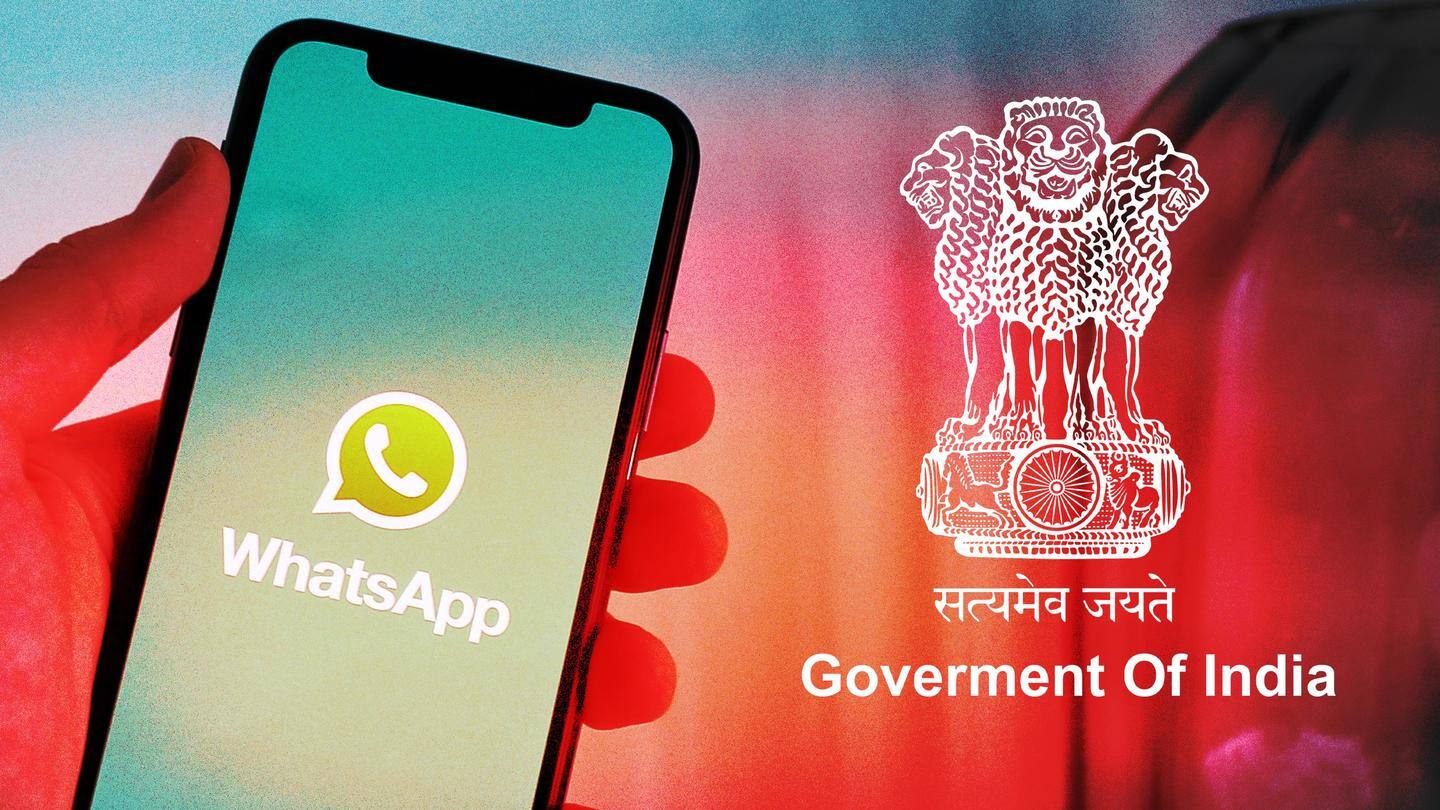
Centre wants to intercept encrypted WhatsApp messages: What's the reason?
What's the story
The days of true data encryption are possibly nearing their end in India. The Indian Government seeks to bring over-the-top (OTT) communication services such as WhatsApp and Signal under the purview of its new draft telecom bill.
The bill gives the Centre wide-ranging powers, including the ability to intercept message exchanges between people in the interest of national security and public safety, among others.
Context
Why does this story matter?
India's new draft telecom bill has been put up for public discussion. One of the highlights of the bill is the different powers at the government's disposal.
Among them, lies the controversial ability to intercept encrypted messages. This will have unforeseen ramifications on the industry.
Apart from that, such extreme involvement in civil liberties could be seen as legalizing characteristics of a police state.
Changes
New definition puts OTT communication under 'telecommunication services'
Under the Indian Telecommunications Bill, 2022, telecommunications services imply "services of any description (including... internet and broadband services, internet-based communications services, in-flight and maritime connectivity services, machine to machine communications service, over-the-top (OTT) communication services)..."
This new definition puts services such as WhatsApp and Signal under the purview of the regime. The government also has the power to add more services.
Power
Section 24 of the bill gives several powers
Section 24 of the draft bill gives the government wide-ranging powers.
Under Section 24 (2), "on the occurrence of any public emergency or in the interest of public safety," the Central or state governments or any authorized officer can direct that any message or class of messages transmitted or received by any telecommunication services be intercepted or disclosed to any officer mentioned.
Conditions
When can the message be intercepted?
The bill states that the government or authorized officers can issue an order to intercept the transmission of messages if they are satisfied that it is necessary or expedient to do so.
Such an order can be issued in writing "in the interest of sovereignty, integrity, or security of India, friendly relations with foreign states, public order, or for preventing incitement to an offense."
Impact
How does the provision affect encrypted messages?
Instant messaging platforms such as WhatsApp and Signal have their texts encrypted, that is, no one can read or listen to them except the sender and receiver.
The provision of the draft bill will let the Centre bypass this encryption, intercept messages, and call on these platforms.
The companies will have to comply with such government orders or face consequences.